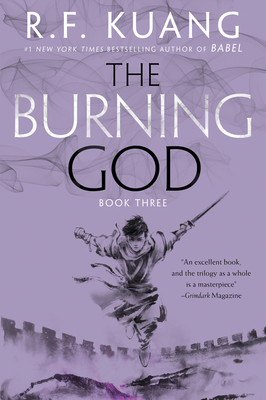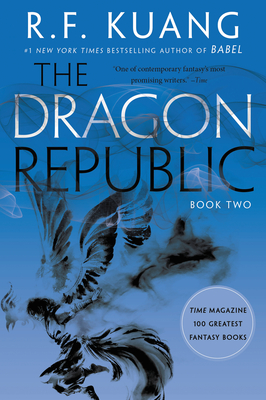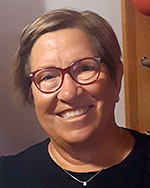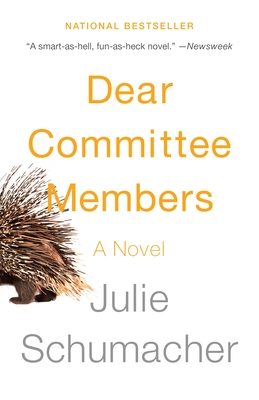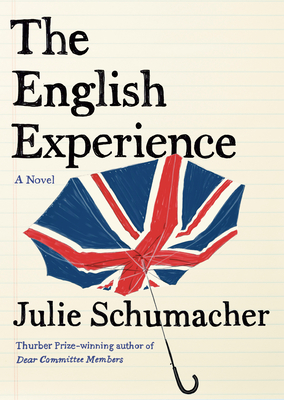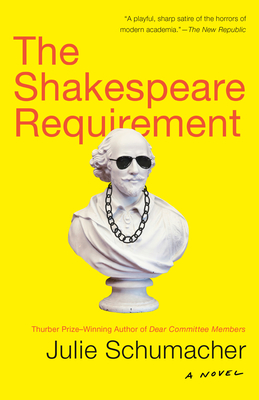 |
 |
 |
Staff Picks
| Page One |
||
|
In October, the store hosted two identical reading retreats. While the books we read for each were the same, the discussions were definitely not the same! I love the opportunity to discuss the same books with different groups for just this reason. We read and discussed: |
||||||||||||||||||
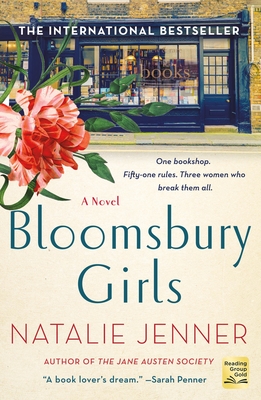 |
Bloomsbury Girls This charming novel is set in 1950s England. Bloomsbury Books is primarily run by men and their rules. Three protagonists/Bloomsbury Books staff drive the story: Vivien, a young single woman with ambitions to be a writer, a tough exterior, and so many ideas; Grace, a wife and mother in a terrible marriage; and Evie, a recent Cambridge grad who is a bit adrift. Each chapter begins with one of the bookshop's rules (and there are so many) and by the end of the chapter, that rule has been bent, broken, or completely disregarded. When the shop's manager has a medical episode that leaves him at home convalescing for an extended period of time, the rest of the staff must make some shifts to keep the shop running. This means the women are finally granted some real responsibility. Interwoven in the story are the customers of the shop (spoiler: the Americans live up to the "Ugly Americans" reputation), authors, and the rest of the staff. My favorite author appearance was that of Daphne duMaurier, author of Rebecca, which I recently read for the Beagle Women’s Book Group and thoroughly enjoyed. There is a lot of toxic masculinity, but there are also some very honorable and loveable men in this story as well (looking at you Ash Ramaswamy (a struggling-to-fit-in man from India). If/when you're looking for a feminist feel-good tale, I recommend Bloomsbury Girls. |
||||||||||||||||||

|
The Unbreakable Heart of Oliva Denaro |
||||||||||||||||||
|
Lastly, we read: The Woman They Could Not Silence The author of The Woman They Could Not Silence is Kate Moore, who also wrote The Radium Girls. I enjoyed Radium Girls so much it inspired me to produce a stage production of a play with the same name, and yet, I found The Woman They Could Not Silence a much better read. |
||||||||||||||||||
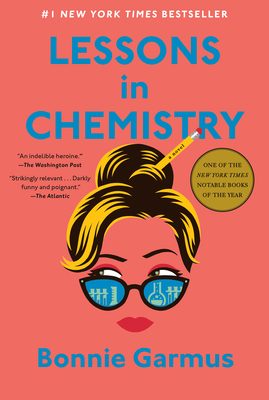 |
Lessons in Chemistry |
||||||||||||||||||
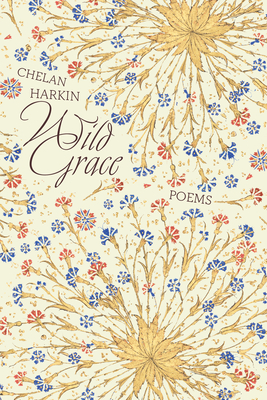 |
Wild Grace
|
||||||||||||||||||
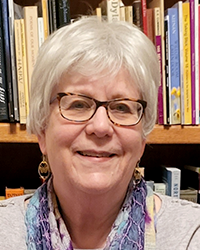 Sally Sally |
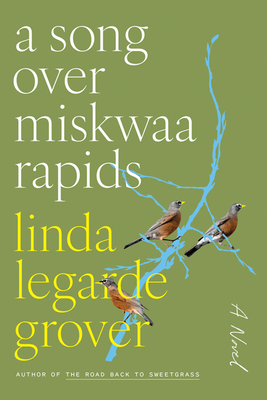 |
The song of robins fills the air both in the morning and the evening at Mozhay Point, Grover’s fictional Ojibwe reservation in northern Minnesota. The beauty of the natural setting belies the human activity going on there. Several stories are intertwined. Margie Robineau is preparing to appear before the tribal council, fighting to keep the allotment long held by her family. When a rock is dislodged from a slope, a fifty-year-old secret is revealed, threatening the life Dale Ann has built for herself. Watching over it all is a group of spirit women, serving as a chorus on their webbed lawn chairs. As they drink coffee, they reflect on both the past and what they see in the present. They eat nearly inedible cookies and just might have influenced the present by nudging that rock from the hillside. The past and present are linked throughout the book. Like life itself, there is no final resolution, but an ongoing flow of human activity, accompanied by the song of the robins. Note: this book will be released November 7. |
|||||||||||||||||
| See more of Sally’s reviews in Youth Yak. | |||||||||||||||||||
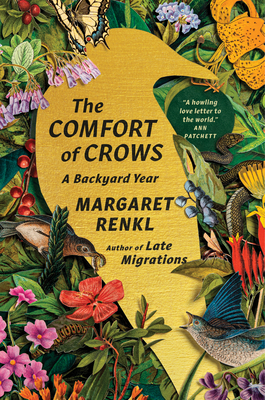 |
The Comfort of Crows Here’s a YouTube link that lets me spend a bit more time with her. |
||||||||||||||||||
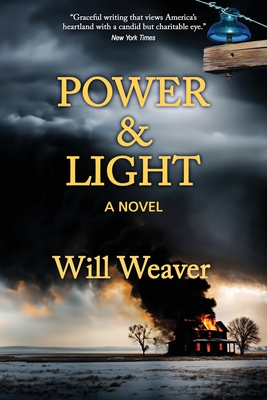 |
Power & Light |
||||||||||||||||||
|
|
|
||||||||||||||||||
 Ann |
Read Ann’s reviews in Youth Yak.
|
|
|||||||||||||||||
 Brita |
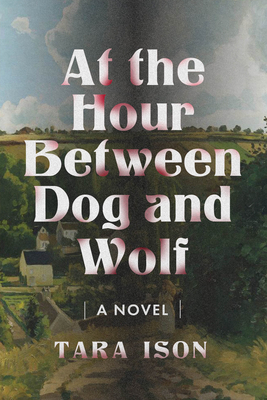
|
Entre chien et loup is a French expression: “between dog and wolf,” that is, twilight or dusk. |
|||||||||||||||||
 Cascade |
|
|
|||||||||||||||||
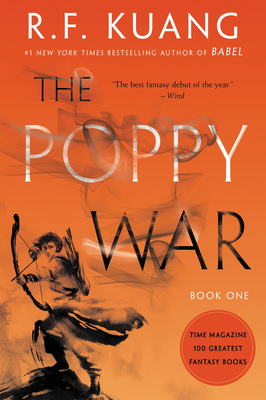 |
The Poppy War I have been devouring this series; Kuang is an author who never misses for me. Rin is a war orphan who grows up in poverty, facing constant abuse and the threat of an arranged marriage at the hands of her guardians. In a desperate attempt to leave her circumstances behind, Rin throws herself into her studies and manages to do something almost no one of her low status has accomplished–a perfect score on a notoriously hard exam that guarantees her a spot in the most prestigious military training school in the country, Sinegard. Rin’s uphill battle is far from over; she is a poor, dark-skinned girl where most of her classmates are rich, pale, and male, and no one will let her forget these differences and perceived disadvantages. Rin is unfairly banned from an essential class and thinks that her time at Sinegard is over. However, by becoming the protegee of another professor along with her dedication to her studies, she perseveres and discovers that she has the gift of shamanism. Rin can commune with the gods and channel them to do incredible things, but such immense power comes with great ability to harm. In the heat of battle, can Rin hold onto her humanity despite a raging god working through her? |
||||||||||||||||||
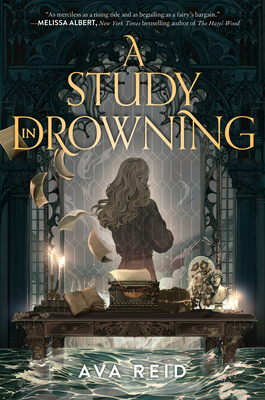 |
A Study in Drowning This low fantasy novel inspired by Welsh mythology follows the life of first-year architecture student Effy as she tries to pursue higher education as the only woman in her program. Effy struggles with anxiety and her lifelong visions of a devious Fairy King who wants to steal her away while being bombarded by advances from her lecherous advisor. She is presented with the perfect escape when she finds a poster advertising a search for an architect to visit and restore the house of the recently deceased Emrys Myraddin, who was the national author and her favorite novelist. After her application is approved, Effy hastily travels to the remote southernmost part of the country only to find that Hiraeth Manor is crumbling into the sea, beyond repair. Expectations shattered, Effy is vexed further to learn that a literature student named Preston is also staying in the house, gathering information to prove that Myraddin did not write his beloved works. Effy’s loyalty and reality are tested as she tries to reckon with the secrets Myraddin kept hidden and her increasingly frequent hallucinations. This is a dark academic romance that draws heavily on folklore to create a gothic fantasy setting and is perfect for the older side of the YA audience. |
||||||||||||||||||
|
|||||||||||||||||||
|
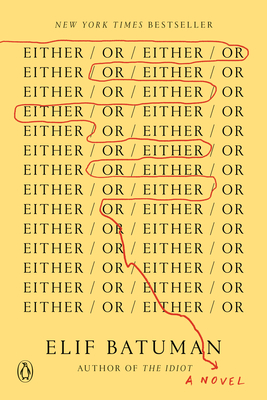 |
Either/Or Last month I recommended The Idiot, about an unusual Harvard freshman girl. This sequel is at least as good. Selin’s sophomore year makes me miss late night college bull sessions, which would be amazing with Selin in the mix as she has such an original mind. In discussing the college catalog: “Why were the different branches of literature categorized by geography and language, while sciences were categorized by the level of abstraction, or by the size of the object of study? Why wasn‘t literature classified by word count? Why wasn’t science classified by country? ... Why were the most important subjects addressed only indirectly? Why was there no department of love?” After the school year, Selin goes off to Turkey, a trip funded by writing reviews for Let’s Go, a travel guide for students. She finally gets over Ivan (her freshman year crush) and has adventures that left me shaking my head. But her mind is still a great place to explore. “There are many countries, but there is only one civilization. For a nation to progress, it needs to join in this one and only civilization.” In these troubled times I’ve heard people talk about the current need to wage war against barbarism around the globe. The idea of one civilization and one barbarism works for me, although they are clearly intermixed in every country. In short, this book both amuses and makes you think. The last words in Either/Or are about Selin having the sense that she “finally stepped outside the script.” I do hope Batuman brings us Selin’s junior year soon. |
|||||||||||||||||
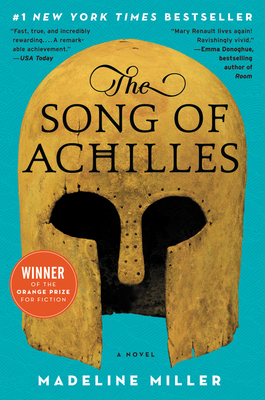 |
The Song of Achilles Greek mythology is all about human traits writ large: passion, hubris, jealousy, grief. This story told from the perspective of Achilles’s lover has all of that to be sure. But for me the most impactful aspect of the book is the description of the war. I suppose I must have known at some point that it went on for 10 years, but I had forgotten. The army, which sailed in more than a thousand ships, were first invaders, but then became occupiers of the land outside of the city of Troy. And when their fleet was threatened with fire, they faced the possibility of becoming refugees. Their walled camp became a community, with babies born to the women they kidnapped. Many men were lost to their families in a war they thought would bring triumph in short time. I was surprised by the way Achilles dies. I googled it, and the story we all know didn’t appear in literature until the first century AD. There are conflicting reports on just what happened. In historic fiction an author gets to make choices, writing about many things that may not have happened. This ending works and is more likely than a fatal wound in a heel. So why not? |
||||||||||||||||||
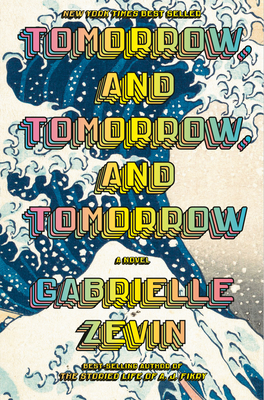 |
Tomorrow and Tomorrow and Tomorrow This novel is sure to delight readers who also love gaming. It traces the lives and careers of complex, brilliant Sam and Sadie who design games that sweep the nation. Sam and Sadie meet as kids. Sam lost his mother in a car accident that crushed his foot and hasn’t said a word to anyone in the weeks since it happened. Sadie’s sister has leukemia, and sometimes during visits Sadie has time to kill. Sadie finds Sam in a room with video games, and they play together and become friends. Their friendship is exploded when Sam finds out Sadie is getting community service credits for her visits, although that’s not really why she keeps coming back. He won’t forgive her until they accidentally meet in a subway station when both are in college in Boston. She gives him a copy of the outrageous game she designed for a class. Marx, Sam’s roommate, acts as their producer as they undertake designing a game. The story provides a wealth of accessible descriptions of what goes into creating computerized games. And the deeper the novel goes, the more you see that Sam’s and Sadie’s world view is colored by the possibilities they experience in games. Why not reset when you are defeated? But if you can’t, maybe find a portal to another reality? Why not? |
||||||||||||||||||
 Tim |
|||||||||||||||||||
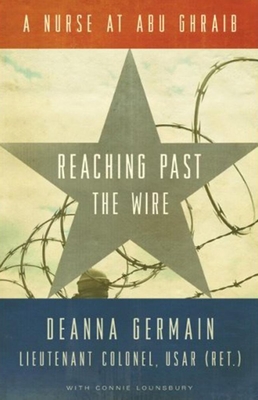 |
|
||||||||||||||||||
|
|
|||||||||||||||||||
 Tom |
 |
Every Season is Soup Season Last month, I had the privilege of attending Heartland Fall Forum, our trade association’s trade show. While there, I kept seeing a cookbook called Every Season is Soup Season. When I finally got a chance to look at it: Wow! It’s filled with brilliant color pictures, fun recipes, and it's SOUP! I love to make soup! If you’re like me, you make a pot of soup and eat it for a week.....and there's still soup left. The further I looked at this cookbook, the more it revealed: not only is it a soup cookbook but includes how to make other dishes with the leftovers! I’m looking forward to trying some of the recipes in this cookbook! |
|||||||||||||||||
|
Would you like to be a guest reviewer? Email Sally at sally@beagleandwolf.com |
|||||||||||||||||||
— page top — |
|||||||||||||||||||
| About Us How to Find Us |
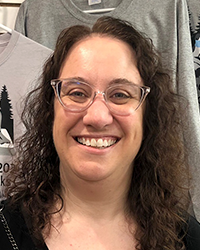
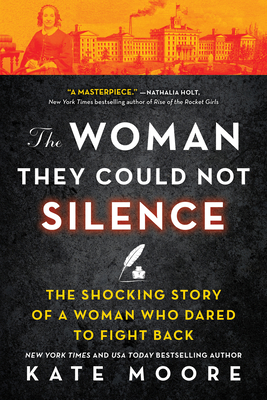
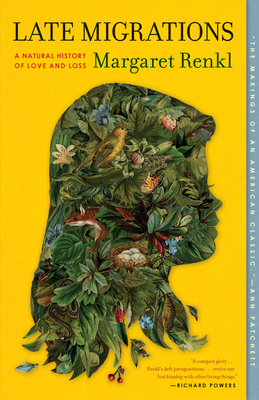 I’ve been a huge fan of Margaret Renkl since reading her first book, Late Migrations, several years ago. I like her sensibility, and the ways in which she reflects on the natural world, the human world, and the meanings of their intersections.
I’ve been a huge fan of Margaret Renkl since reading her first book, Late Migrations, several years ago. I like her sensibility, and the ways in which she reflects on the natural world, the human world, and the meanings of their intersections.